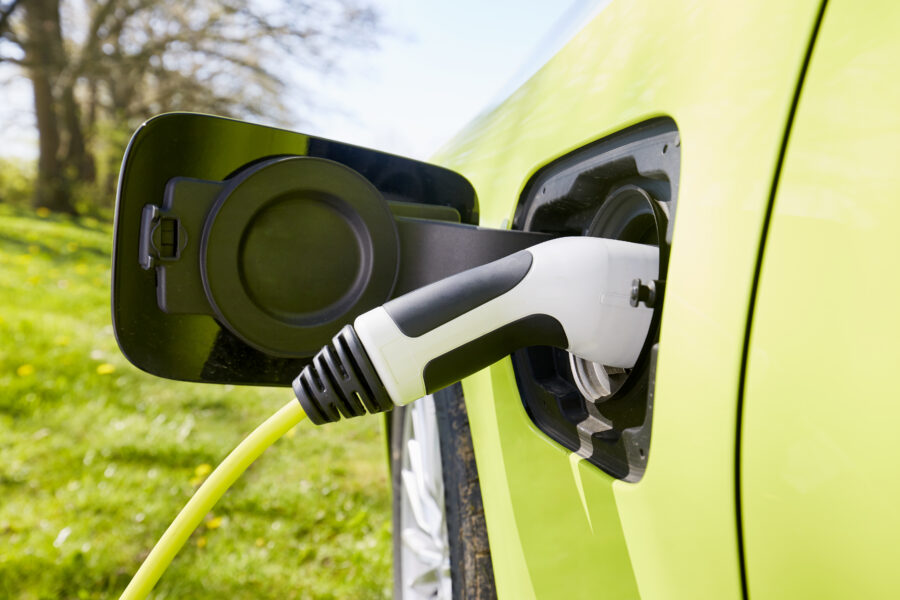Decrease emissions from transportation by accelerating the transition to electric vehicle
Responsible for 40% of MA’s greenhouse gas emissions (GHG), transportation is the single largest source of emissions in Massachusetts. Mitigating the carbon-intensity of this sector is essential to meet the state’s GHG–reduction mandates. Electrifying both public transit and personal vehicles will reduce emissions, eliminate harmful tailpipe pollutants, and save consumers money on fuel and maintenance. Further, removing internal combustion engines from the road will reduce dangerous particulate matter, improving public health and saving billions of dollars in avoided healthcare costs, particularly in environmental justice communities that suffer high rates of disease associated with transportation pollution. By initially focusing on electrifying publicly-owned vehicle fleets and transit, we are calling on the state to lead by example, spurring technology improvements and catalyzing market growth, while significantly ameliorating the health impacts of some of the most environmentally burdened communities.
An Act relative to public transit electrification (H3559) – Rep. Christine Barber and Rep. Steve Owens
- Requires the state to electrify all transit, including MBTA (rail and buses) and Regional Transit Authorities
- Sets targets for the MBTA bus fleet (fully electric by 2030), MBTA rail system (fully electric by 2035) and, Regional Transit Authority bus fleets (fully electric by 2035)
- Prioritizes electrification of buses and rail lines with routes serving environmental justice populations
- For diesel/electric hybrid buses, it provides for robust monitoring of where diesel is used
An Act to Promote EV Fleets by 2035 (H3255) – Rep. Christine Barber and Rep. Joan Meschino
- Focuses on public vehicle fleets and private fleets that serve a public purpose (e.g., school buses)
- Sets targets for electrification—100% of all public fleets are EVs by 2035 (with interim targets)
- Calls on the state Department of Energy Resources to develop a program and incentives
- Prioritizes electric vehicle deployment in locations serving environmental justice populations
